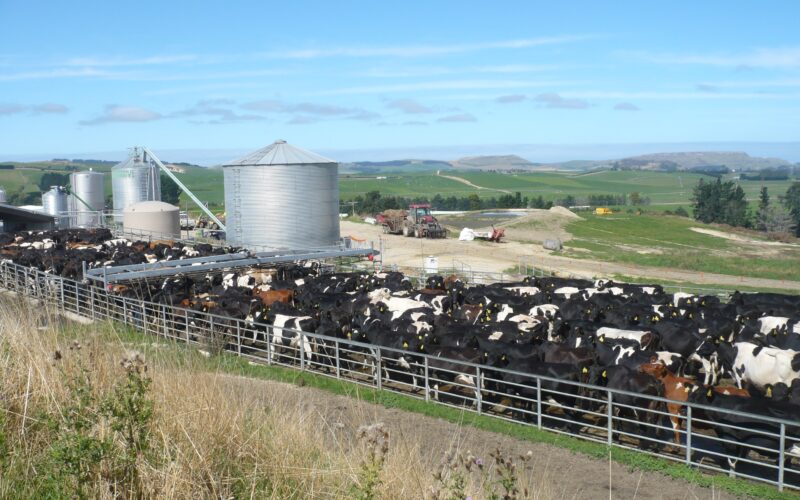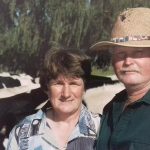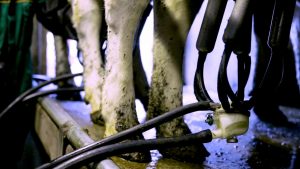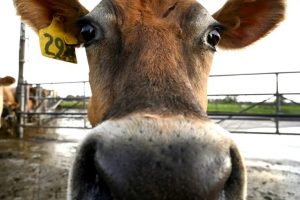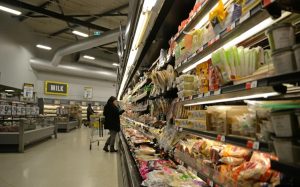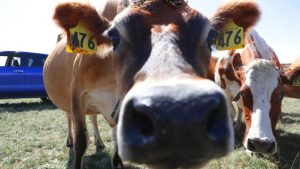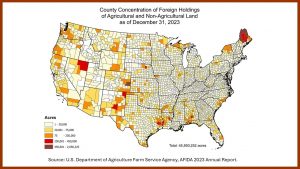
Waikato and West Coast see healthy signs of new ownership as dairy confidence grows.
Renewed confidence in the dairy industry has seen first farm buyers making inroads in the rural property market.
They are making up a considerable portion of farm purchases in Waikato, ANZ senior manager Rhys Wylie said during a presentation about agri-trends at DairyNZ’s Dairy Sector Outlook: 2025-26 and Beyond event near Mystery Creek.
“We are seeing first farm buyers come to the market. Over the last three years, we have supported 35 first farm buyers into the market.”
While some managed to achieve it through family support, a good portion did it themselves, he said – “generally, through investment off farm, capital sell-down or large-scale sharemilking and then buying their first farm”.
The Real Estate Institute of NZ does not collect nationwide data on first farm buyers, which makes it hard to know what percentage of farm sales they make up, its rural spokesperson Shane O’Brien said.
While first farm purchases are occurring, they tend to be region-centric, particularly Waikato and Taranaki, where farms are smaller and less capital is needed.
“We are definitely seeing first farm buyers in the market. I wouldn’t say there is more of them across New Zealand than before.”
Many of these buyers are being supported as part of an equity partnership.
“We are probably seeing a number of equity partnerships coming back into the market that we haven’t seen for a while and those equity partnerships usually involve first farm buyers,” he said.
There was also strong inquiry across the board for dairy farms, including first farm buyers, due to renewed confidence in the sector thanks to the high payout, strong balance sheets and falling interest rates.
Seeing those first farm buyers active in the market is part of that renewed confidence.
In Canterbury and Southland, the buyers tend to be local and are farmers looking to expand.
There are also some sharemilkers looking at stepping up into farm ownership, O’Brien said.
There were a strong number of sales on the West Coast, a region known for being a place where first farm purchases occur.
The other major trend Wylie saw was the reduction in agri-debt. It is at the lowest it has been since 2018.
“We peaked in July 2018 at $42 billion and now in March … we’re down to $35bn – so basically, we have paid off $7bn in a really short space of time.
“The sector’s matured and I think it’s important to acknowledge that the access to capital is strong.”
On a kilograms of milk solids basis, it has fallen from $22/kg milk solids to $18.50/kg MS by the end of this season, he said.
“It’s a significant reduction.”
In March there was a debt reduction of $273 million across New Zealand among dairy farmers. On aggregates, that equated to $1.7bn of debt paid off for the season, he said.
“In context, that’s 90 cents a kilogram of milk.”
Among the bank’s own dairy farmer customers, only around 15% are using working capital and overdraft facilities, an indication that liquidity is strong.
You can now read the most important #news on #eDairyNews #Whatsapp channels!!!
🇺🇸 eDairy News INGLÊS: https://whatsapp.com/channel/0029VaKsjzGDTkJyIN6hcP1K
